Our latest report, “Reality Check: How to Protect Human Rights in the 3D Immersive Web,” explains the risks to privacy and safety exacerbated by immersive technologies and recommends steps tech companies and the government can take to minimize those risks.
REPORT: Safeguarding AI: Addressing the Risks of Generative Artificial Intelligence
REPORT: Gaming the System: How Extremists Exploit Gaming Sites And What Can Be Done About It
Our latest report, Gaming The System: How Extremists Exploit Gaming Sites And What Can Be Done To Counter Them, describes how extremist actors are exploiting online gaming sites to disseminate violent ideologies, network with like-minded people, and perpetrate real-world harm. The report recommends concrete steps the gaming and gaming-adjacent industries should take to counter such exploitation and avoid serious harm to users and society.
WEBINAR: Spreading the Big Lie: How Social Media Sites Have Amplified False Claims of U.S. Election Fraud
On September 28th, our Center hosted a virtual discussion about the report, Spreading the Big Lie: How Social Media Sites Have Amplified False Claims of U.S. Election Fraud. Elizabeth Dwoskin, who covers Silicon Valley for The Washington Post posed questions to Katie Harbath, formerly Facebook’s policy director for elections and now the principal at Anchor Change, a civic-tech consultancy, and Paul Barrett, the Center’s deputy director.
REPORT: Spreading The Big Lie: How Social Media Sites Have Amplified False Claims of U.S. Election Fraud
REPORT: A Platform ‘Weaponized’: How YouTube Spreads Harmful Content – And What Can Be Done About It
WHITE PAPER: Enhancing the FTC's Consumer Protection Authority to Regulate Social Media Companies
REPORT: Fueling the Fire: How Social Media Intensifies U.S. Political Polarization – And What Can Be Done About It
Our September 2021 report, Fueling the Fire: How Social Media intensifies U.S. Political Polarization -- And What We Can Do About It, explains that while the major tech platforms may not cause partisan hatred in the first instance, they do exacerbate the problem, which has dire consequences for our democracy.
Recommendations to the Biden Administration On Regulating Disinformation and Other Harmful Content on Social Media
REPORT: False Accusation: The Unfounded Claim That Social Media Companies Censor Conservatives
Role-play Exercise: Silverlake in China: Investor Responsibility for State Surveillance in Xinjiang
This role-play exercise asks a broad question: how should US companies and investors respond when SenseTime and other technology firms are added to the Entity List? What affirmative responsibilities, if any, do US companies and investors bear for addressing privacy rights and for declining to invest in or have commercial relationships with Chinese firms like SenseTime that are assisting the mass surveillance efforts in Xinjiang.
REPORT: Regulating Social Media: The Fight Over Section 230 -- and Beyond
REPORT: Who Moderates the Social Media Giants? A Call to End Outsourcing
In June 2020, we shifted our focus to content moderation, publishing Who Moderates the Social Media Giants? A Call to End Outsourcing. This report recommends that Facebook and its rivals stop outsourcing responsibility for what gets removed from their platforms and instead embrace this vital function themselves.
Hillicon Valley: Instagram Seen as Top 2020 Disinformation Target
Report Highlights Instagram, Deepfake Videos as Key Disinformation Threats in 2020 Election
Author Maggie Miller quotes Michael Posner and Deputy Director Paul Barrett on the potential use of social media to spread disinformation related to the 2020 presidential election. Barrett calls on Congress to use its position to educate the public about the threat and increase digital literacy through bipartisan hearings.
Morning Tech: Tariffs Hit the Tech World
The Technology 202: New NYU Report Urges Social Media Companies to Take Down ‘Provably’ False Information
REPORT: Disinformation and the 2020 Election: How the Social Media Industry Should Prepare
In September 2019, we published Disinformation and the 2020 Election: How the Social Media Industry Should Prepare. This report looks at the types and sources of false content likely to surface during the next presidential campaign. It also provides recommendations to the major social media companies for responding to disinformation.






















